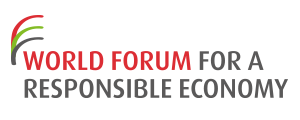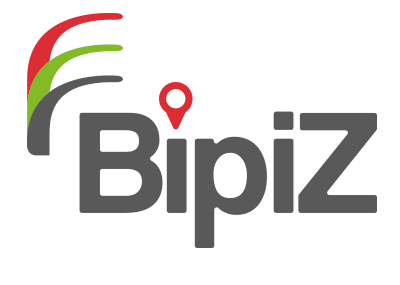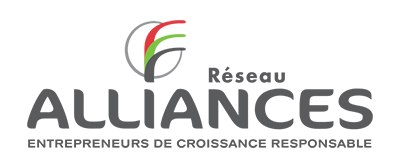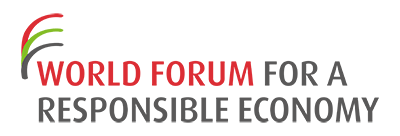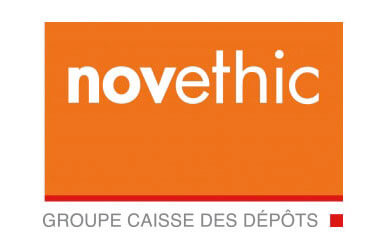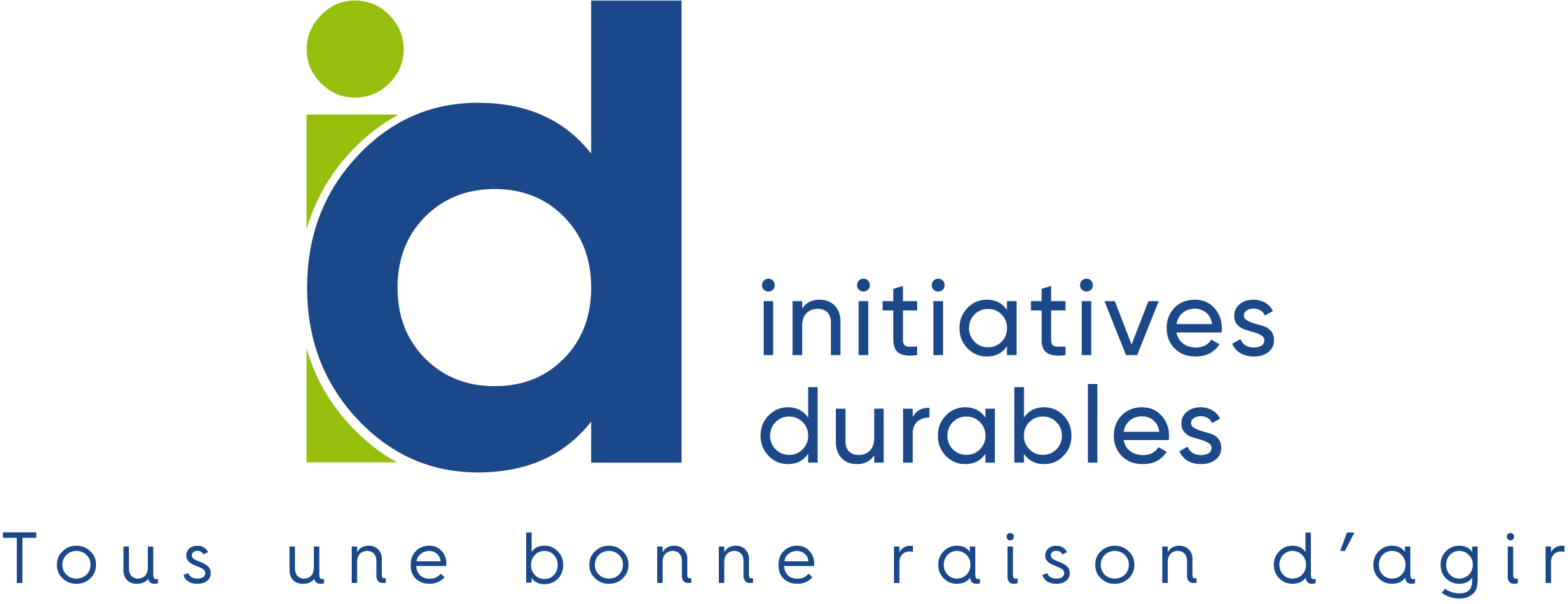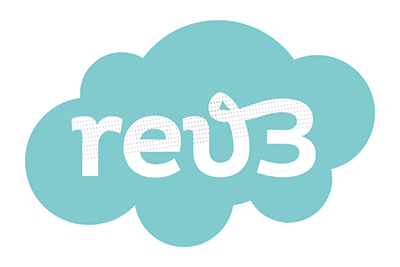Native is a brand of Brazilian family group: Balbo, established in 1946 in the sugar sector. Since the 60s, the agricultural context is the Green Revolution one, which claims the development of large-scale monocultures and increased yields thanks to chemical fertilizers, pesticides, and modified seeds. In the early 80s, the sector has experienced a major economic crisis, due to increased prices of chemicals on the one hand, and great fluctuations of sugar price on the other hand.
COM_NEOBESTPRACTICES_ITEM_INNOVATION_REV3
NATIVE’s success story: 15 000 ha of sugar cane 30% more profitable thanks to organic culture
4. Environment
Biodiversity and sustainable resource management


Transmitter
